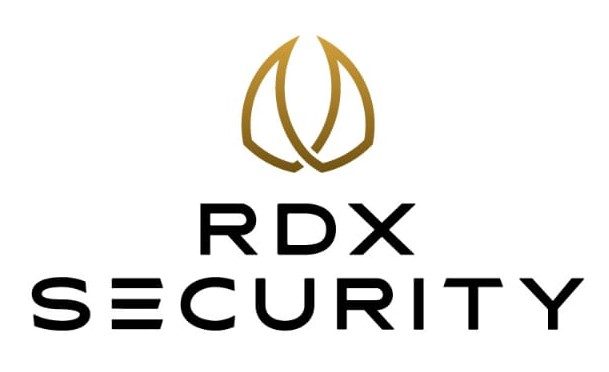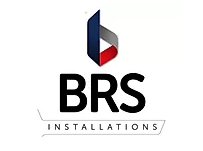Late VAT returns | Points result in penalties.
- November 2022
- 5 minutes
Potential penalties, including repayment refunds, will apply to late VAT returns starting on January 1, 2023.
It will be a case of “points become penalties” when it comes to the new penalty system for submitting late VAT returns, which will go into effect for periods starting on or after 1 January 2023.
 Two systems
Two systems
On January 1st, two entirely distinct penalty systems will be unveiled. One will handle late returns, and the other will handle situations where tax is not entirely paid by the deadline.
The new method for late returns will be based on an accumulation of points: a business will receive one point for each late return it submits, and when it exceeds its point threshold, HMRC will impose a £200 penalty. The threshold will change based on how frequently returns are filed:
- Monthly returns= threshold is 5
- Quarterly returns= threshold is 4
- Annual returns= threshold is 2
The generous threshold mean that the earliest date for any late return penalty will be 7th July 2023.This will be issued to a business that submits late monthly returns from January to May 2023, reaching its threshold of five (the return for May 2023 having a submission date of July 2023).
 Purpose of the new rules
Purpose of the new rules
The goal is to ensure that all returns are timely submitted to HMRC so that obligations can be declared and paid in a suitable manner. This indicates that under the new system, repayment returns will incur a fine.
Example
Builder Victor – reasonable excuse for late submission
Victor is a builder who exclusively works on brand-new homes; his labour and supplies are free. He submits monthly returns and is a repayment trader for VAT. From March to July 2023, he submitted them five times late. HMRC assessed a £200 fine for the fifth instance of lateness.
However, he was in the hospital during the first 10 days of September when the return was due.
With a good reason, Victor was probably certainly successful in his appeal to HMRC for the month of July. He still owes £200 in fines as a result of four penalty points from earlier late returns, therefore he must submit the following six returns without delay. His points will reset to zero if he does. Victor would have to submit the following four returns on time to receive no points if he only submitted a few returns.
Florist – Late VAT returns.
Florist Kate uploads her 2023 quarterly returns as well as her calendar quarter returns on time. As a result, she was assessed a £200 fine for the month of December 2023 when she crossed the four-point threshold. The next four returns must be submitted on time and in full until December 2024. Otherwise, there will be an additional £200 fine for each late return. Kate will once more provide zero points if she has a clean slate until December 2024 and has submitted all of her returns for the previous two years.
 Repayment returns
Repayment returns
In actuality, a return can only result in one of three possibilities. It will result in:
- A net payment to HMRC which is most returns
- A net repayment g. for a business with mainly or all zero rated sales.
- A nil return perhaps because business is temporarily not trading.
The late filing penalty scheme applies to all returns. As the first time in the long history of our taxes that payback will be potentially subject to a penalty, it is a significant shift in legislative policy. HMRC will conduct a promotional campaign to draw attention to the problem among appropriate repayment trades, such as farmers.
 Escaping the points regime
Escaping the points regime
Once a company has acquired four points—four returns submitted past the due date—it will be assessed a £200 fine for filing quarterly returns. Each late return will result in an additional £200 fine. However, after kids turn two, all points will be removed from the system. This common sense technique is meant to avoid the awkward combination of historical points and occasional contemporary failures to produce a financial penalty. If two requirements are met, the slte can be cleared and reset to 0 points:
- The business must have submitted all returns for the past 24 months.
- After attaining the necessary point threshold, the business must have submitted all returns on time for the subsequent 12 months. The pertinent period, however, is six months for monthly returns and 24 months for yearly returns for businesses.
The new system should result in a significantly lower number of First-tier Tax Tribunal hearings about whether the company had a valid justification for submitting a late return. This is due to the fact that, unlike the current fee system, the new approach won’t result in severe fines for businesses who commit the occasional misbehaviour. Additionally, the points system’s threshold limits are rather lenient. This will save time-consuming internal appeals, which will benefit both HMRC and taxpayers. Appeals can still be made with the new system and the reasonable excuse provisions will be still relevant.
The elimination of the reimbursement supplement programme, under which a company receives a 5% bonus for any refund on a return that HMRC delays for more than 30 days after it is submitted.
The repayment supplement system, which has been in place for many years, is a valuable piece of law that encourages HMRC to respond promptly and effectively to any questions it has before repaying a return. It will end on 31st of December 2022 and be replaced by the introduction of repayment interest. Interest will be calculated according to the Bank of England base rate minus 1%. If the rate falls below 1%-unlikely for quite a long-time ac minimum rate of 0.5% will apply.
From the day following the deadline for the relevant period or the submission date—whichever comes first—until the day HMRC fully settles the outstanding repayment amount, interest will be computed.
The new system’s objective is to penalise only a tiny proportion of people who consistently break their submission duties rather than everyone who occasionally makes a mistake. This perspective is supported by the number of lifelines with the points system for late returns. Overall, the increased penalties for filing late returns are understandable and logical. The £200 punishment ought to be adequate to promote compliance without bankrupting a company that breaks the rules.
















